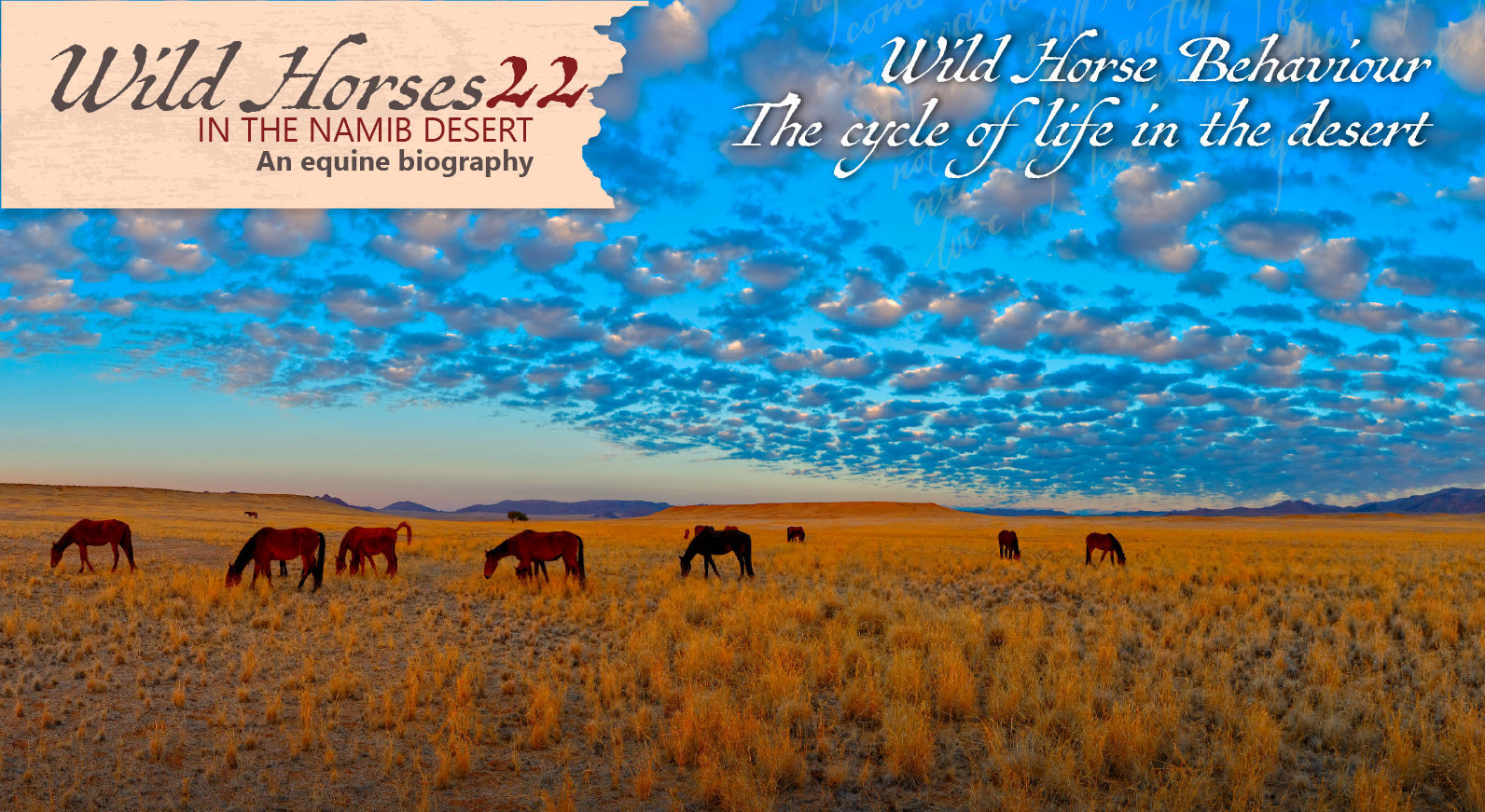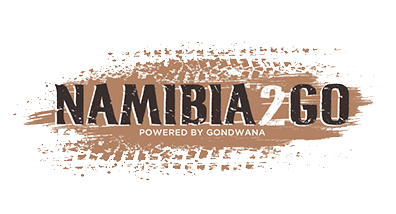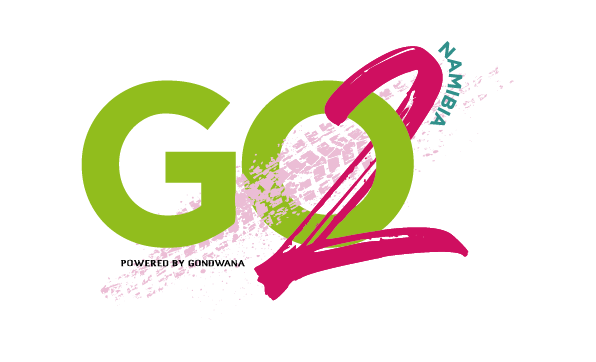Set in southern Namibia, Great Namaqualand, ‘Bittersweet Karas Home’ is the story of three families, the Hills, Walsers & Hartungs, whose lives merge and intertwine in a semi-arid land that presents both hardship and blessings. We would like to share this bittersweet saga with you from the (as yet) unpublished book.
Oskar’s two families
Southern Africa knew different kinds of marriages. There were marriages solemnised by a church ceremony or a civil wedding, presided over by a local civil authority like a judge. Under German colonial rule, only civil weddings were considered truly legal.
Common-law marriages i.e. life partnerships that rested on the commitment of two people towards each other without any public blessing, were not infrequent. These relationships ranged from affairs without much mutual commitment to relationships that were as deep and as serious as official ones. There were relatively few public misgivings about common-law marriages.

Oskar Werner and Magdalena Basson were common-law husband and wife. Magdalena’s mother was a Nama woman called Aletta Basson (or !Uxabes). Her biological father was a Jewish farmer whose family originated from Kurland in Latvia. His surname was Lenhoff and he was one of the influential Lenhoffs from Upington.
Magdalena gave birth to Hermanus in 1920, Frederik (1926), Johann (1929), Jan (1931), Charlie (1933) and the only daughter, Wilhelmina, in 1936. There was another son, Johannes, born beforehand in 1917 to Oskar Werner and a Nama woman, Susanna Isaaks, who grew up with his younger half-siblings.
In 1937, Magdalena died at the tender young age of 41, leaving Oskar Werner a single parent. Their eldest child was twenty years old and the youngest, only one year. Magdalena’s half-sister, Aletta Matroos, moved in and took over the day-to-day mothering. She was an excellent storyteller with a broad knowledge of Nama oral folklore. She held everybody spellbound in the evenings when people sat around the fireplace listening to her while the stew simmered in the three-legged cast iron pot. The five Hartung boys huddled together for emotional support and became a very tightknit unit. They communicated amongst each other in Afrikaans and Nama. Aunt Anna Fries (Oskar’s sister) gave the family all the support it needed. Anna was generous and hospitable. She allowed Vilander Basters moving from Rietfontein to Rehoboth to stay over on Enos for several days. Roland Martin Hill and his sons Max, Henry, Charlie and daughter, Sarah Elizabeth, became bywoners (temporary residents) on Enos after they lost Tsawisis. The Enos residents were white, brown and black. In the middle of white farming land, Enos was cross-culturally integrated and successful.

The children grew up in the world of Nama beliefs. They sometimes buried a dead rain owl in a specifically prescribed fashion and were confident that rain would follow. When they saw a hare – Oma Haas – they took care to ensure that they were not pummelled to the ground by the trickster animal. They looked at the moon at night, saw the hare’s scratches on it and remembered the popular Nama myth when Hare lied to the people.
Their father, Oskar, was not part of this culture; he was addressed as Baas (Boss) by his children and would be addressed as Ou Baas by his grandchildren. He used his sons as farm labourers and was very strict and demanding. His eldest son was sent to ‘buiteposte’ (outlying stations) where he would have to survive on bags of maize flour, and birds and dassies that he shot.
Anna Fries was proficient in English, Afrikaans, Nama and German, but would usually communicate in English, her mother tongue. She was a very successful and respected farmer and businesswoman. She had picked up many of her skills from their mother, Wilhelmina Charlotte (Hill), who had run the farm, and her businessman husband, Otto Fries. They farmed large and small livestock, and grew wheat and vegetables on irrigated land near the sand dam. Her white neighbours were aware of her business acumen as well as her generosity and occasionally asked her for loans, which she would give whenever possible.
After Magdalena’s death, Oskar found a new partner in Petronella A Susara Lotriet, and married her in 1950. Petronella (originally a Groenewald) had been married to a water driller who worked in the Karas region, moving from farm to farm. On the farms, she looked after a flock of goats and did the housework. When her husband died she moved back to Upington with her daughter. Oskar Werner met and, eventually, joined her there. To keep financially afloat, Oskar sold Hartebeestfontein and some of the other Hartung land. The children remained in the care of Anna and her husband. Anna ensured that the children would inherit land legally and become farmers.
She also made sure that Charlie, the youngest and academically brightest son, received a proper education. He attended the Roman Catholic mission school in Keetmanshoop where he matriculated and then studied in Parow in Cape Town at St Augustine’s Teachers’ Training College. His father paid the fees and his aunt covered the additional expenses. The Bantu Education Act of 1953 made it impossible for most mission schools and training colleges to provide teachers for pupils who were not white. A short time after Charlie had finished his studies, the college was closed down.

Having married into a conservative Afrikaans-speaking family, Oskar Werner was integrated into an Afrikaner way of living, something he could only be part of if he distanced himself from his family. Oskar knew that the Upington folk were gossiping behind his back but he would never be directly confronted with his past as long as he played the role of a good member of the Afrikaner community. In an increasingly race-conscious South Africa where a ‘single drop of midnight in someone’s veins’ made a person non-white, the Afrikaner families (even particularly high-ranking ones) conveniently forgot the racial mixing of their past. Research in the early seventies revealed that some 6% of Afrikaner genes were non-white. The balance of the Afrikaner gene pool was 40% Dutch, 40% German, 7% French, and 7% British. His German background - his father from Kassel and his education in the Rhenish Mission school in Stellenbosch - was something he professed openly. Defining himself as German allowed him to legitimise his status as a newcomer to the Upington Afrikaner community.
Oskar’s son, Charlie Hartung, became the principal of Omamas school. On 25 June 1964, he received a phone-call informing him that his father had died at the age of 75. This did not come as a big surprise to Charlie. A few nights previously he had dreamed about his father and had seen him lying in a coffin. He packed his suitcase and went to collect his brothers and sister to start the long and sad drive to Upington through the arid, flat countryside. They found the Dutch Reformed Church where the funeral service was taking place but did not enter because it was still apartheid days and they as coloureds, according to the South African definition, were not welcome. So they sat outside the church and listened to the hymns and organ music. They joined the procession to the cemetery, trailing behind the white family. They were expected to keep a distance from the other mourners and obeyed that unspoken rule. Charlie had prepared a speech but soon realised there was no space for it.
On the long way back home the brothers talked about their pain of having to bid their father farewell in such a traumatic and humiliating fashion. It was a lesson in injustice and reinforced the Hartungs’ anti-apartheid stance. Charlie and Albrecht Krone from Aroab would become involved in politics in later years, alongside Ottilie and Kenneth Abrahams in the Namibian Independence Party. On that day, however, equality seemed a long way off, if not an impossibility ... or perhaps not much more than a dream.
(Join us every Sunday to take a step back in time and follow the interesting, sometimes sweet, sometimes heart-wrenching tale.)


.jpg)
.jpg)





.png)

SUBMIT YOUR COMMENT